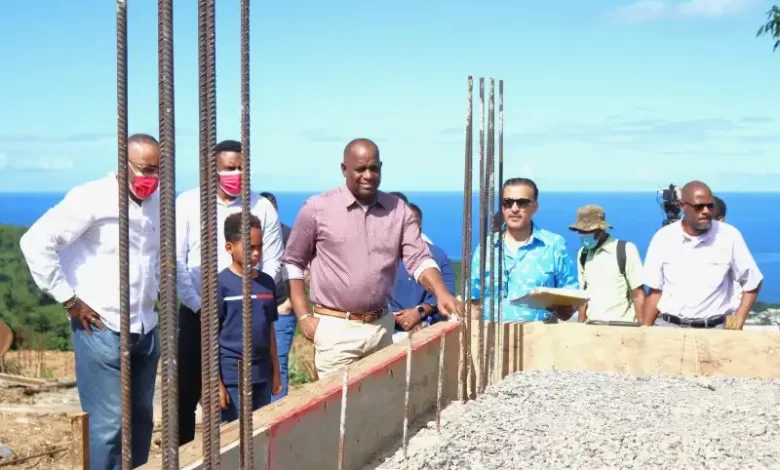Housing Revolution Programme

The Housing Revolution Programme in Dominica is a large-scale initiative launched by the government to provide climate-resilient homes for citizens, especially those affected by natural disasters like Tropical Storm Erika and Hurricane Maria. Funded primarily through the nation’s Citizenship by Investment (CBI) Programme, the project aims to construct over 5,000 hurricane-resistant homes across the island. These homes are built to modern standards, ensuring they can withstand severe weather events’ impacts, contributing to the government’s goal of making Dominica the world’s first climate-resilient nation.
Key Objectives and Economic Impact
A central goal of the Housing Revolution is to improve living standards for vulnerable families by providing secure housing with access to essential utilities like water and electricity. Additionally, the programme has had a positive ripple effect on the local economy. The government sources construction materials such as plywood, galvanize, and steel locally, ensuring that local businesses benefit from the demand generated by the programme. According to government officials, this initiative has provided stable housing and supported private sector growth by creating jobs in the construction and supply sectors.
Dominica’s Housing Revolution Programme involves several local government entities, institutions, and international funding sources. The Ministry of Housing and Urban Development leads the initiative, coordinating construction efforts across the island. Other key partners include the Dominica Solid Waste Management Corporation (DSWMC), which manages construction waste, and the Physical Planning Division, which ensures compliance with building codes and resilience standards. The Housing Recovery Project (HRP), targets the most vulnerable citizens, aiming to rebuild or repair 1,700 homes, with each unit designed according to strict resilience standards.
Achievements and Future Goals
The Housing Revolution, has provided thousands of homes in communities across the island, including Grand Bay, Bellevue Chopin, Kalinago Territory and Cochrane. The government continues to focus on expanding the reach of this programme, ensuring that more families can secure hurricane-proof homes. These efforts also align with Dominica’s broader National Resilience Development Strategy 2030, which seeks to build sustainable infrastructure and protect citizens from future climate-related risks.




